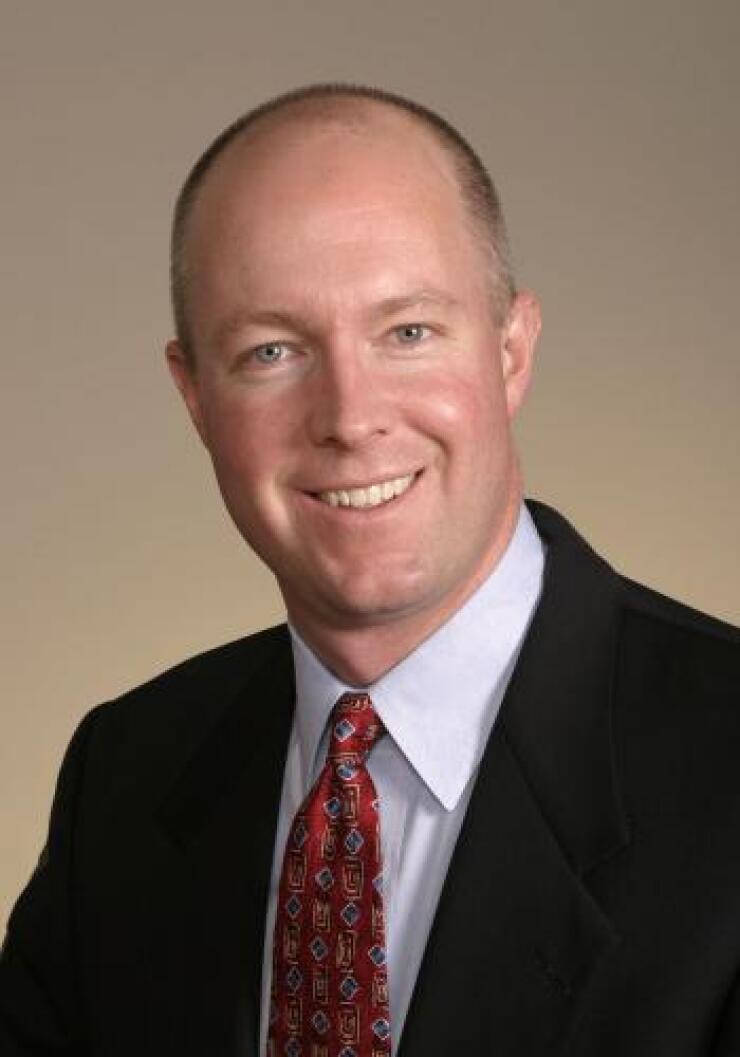The CFP Board has finalized its revised code of conduct, unveiling a new
Under the new strictures, the CFP Board will expect all certified planners to act in the best interest of their clients when operating in any advisory capacity. That will mark an expansion beyond the board's current standards, which only applies a fiduciary duty when the advisor is providing comprehensive planning services.
That fiduciary standard is the cornerstone of the CFP Board's revised Code of Ethics and Standards of Conduct, says Richard Salmen, chairman of the group's board of directors, who argues that the new guidelines will help clarify planners' obligations to their clients.

"By owing the clients the same fiduciary duty when providing financial planning and when providing other financial advice, we are eliminating any confusion when a CFP professional provides both types of services," Salmen said on a conference call.
The standards, which were unanimously approval by the CFP Board's board of directors, will take effect Oct. 1, 2019.
Still, the new standards leave some fiduciary advocates wanting more.
The new standards leave some fiduciary advocates wanting more.
The standards "fall very short of a real fiduciary standard," Knut Rostad, president of the Institute for the Fiduciary Standard, writes in an email. "It's not even a close call given what is not required of CFPs."
He points to the absence of guidance on how to eliminate or reduce conflicts of interest, and takes aim at the CFP Board for failing to prioritize mitigation over disclosure. That could be seen as an accommodation to the
"This effectively leaves BD CFPs following the suitability standard," Rostad says.

It was not an accidental omission. The CFP Board avoids tipping the scales for one business model in favor of another. It points out in a commentary accompanying the new standards that the CFP credential is conferred on individual advisors, not the firms they work for.
"[M]any conflicts operate at the firm level and are outside the direct control of the CFP professional," the board writes. "Therefore, a requirement to avoid conflicts whenever possible might be misread as a requirement to avoid certain business models entirely, which is not CFP Board's intent."
The board rejects the distinction that prizes fee-only advice over commissions, arguing conflicts abound in every business model, and that a broad best-interest standard can improve the quality of advice in any practice.
"Every method of compensation has some kind of conflict of interest that has to be managed," Salmen says. "Some are easier than others, but it is absolutely possible to earn a commission and be a fiduciary at the same time."
The standards expand upon the CFP Board's rules for when advisors can advertise their practices as fee-only to offer a definition of a fee-based practice. Fee-based CFPs "must not use the term in a manner that suggests" that they or their firm are fee-only.They must clearly state either that they earn both fees and commissions or that they are not fee-only.
The standards also call on CFP holders to implement management programs to ensure conflicts of interest don’t compromise the advice they give to clients.
"Disclosure, which is very important, is not enough," says Leo Rydzewski, the CFP Board's general counsel. "A CFP professional must adopt and follow business practices reasonably designed to prevent material conflicts of interest from compromising their ability to act in the clients' best interest."
The CFP Board ultimately decided that management — rather than mitigation — was the more workable approach, saying that “not all conflicts are susceptible to mitigation," according to the commentary. The board added it was concerned that using the term 'mitigate' would introduce ambiguity “because of the difficulty in specifying the extent of mitigation that is necessary."
To some, that kind of language comes as a concession to the segment of the industry where conflicts are more prevalent and pose a greater threat to investors. With fee-only advisors

"That's what I think the real sort of conundrum is — the more teeth you put in a fiduciary standard is the more chance you're going to have to revoke the CFP for the majority of your members," says Tim Welsh, a CFP who runs advisor consulting firm Nexus Strategy.
The CFP Board's new standards come amid the unfolding fiduciary debate that involves a number of different regulatory authorities, potentially fueling confusion among investors over what standards their advisors must adhere to.
The Labor Department's fiduciary standard is currently in a legal limbo, having recently been
The CFP Board's fiduciary standard is distinct from anything the SEC might produce, Salmen says. The commission has been considering a uniform standard of care for nearly a decade, he notes, and the CFP Board isn't banking on swift action from regulators going forward.
But Welsh and other critics see the CFP Board's latest entry into the fiduciary debate as merely adding to the alphabet soup that already leaves investors befuddled.
"It's going to make it worse, if you have multiple acronyms debating the same issue — SEC FINRA, DoL, CFP Board," Welsh says. "Most people don't even know what those entities are."





